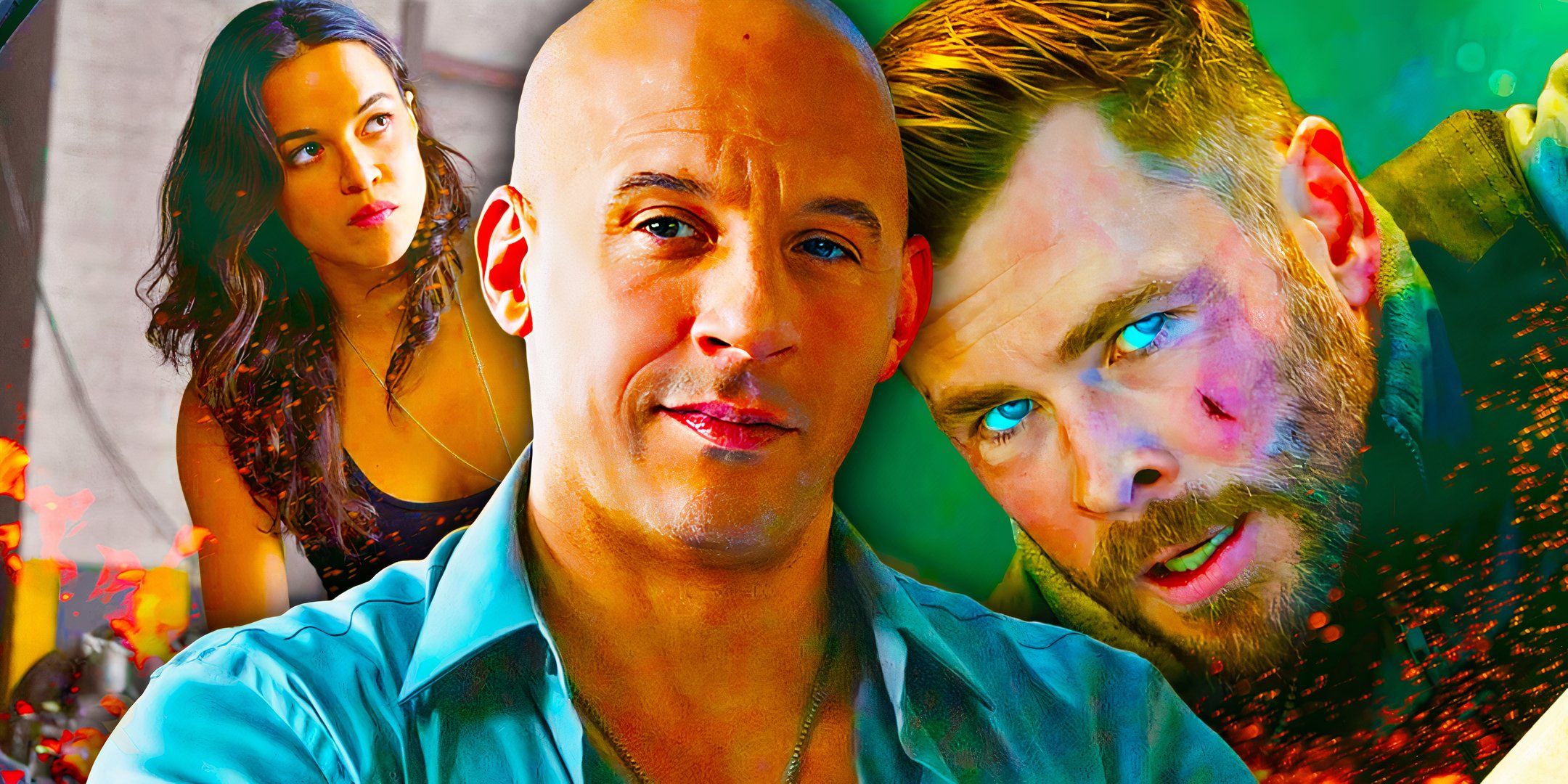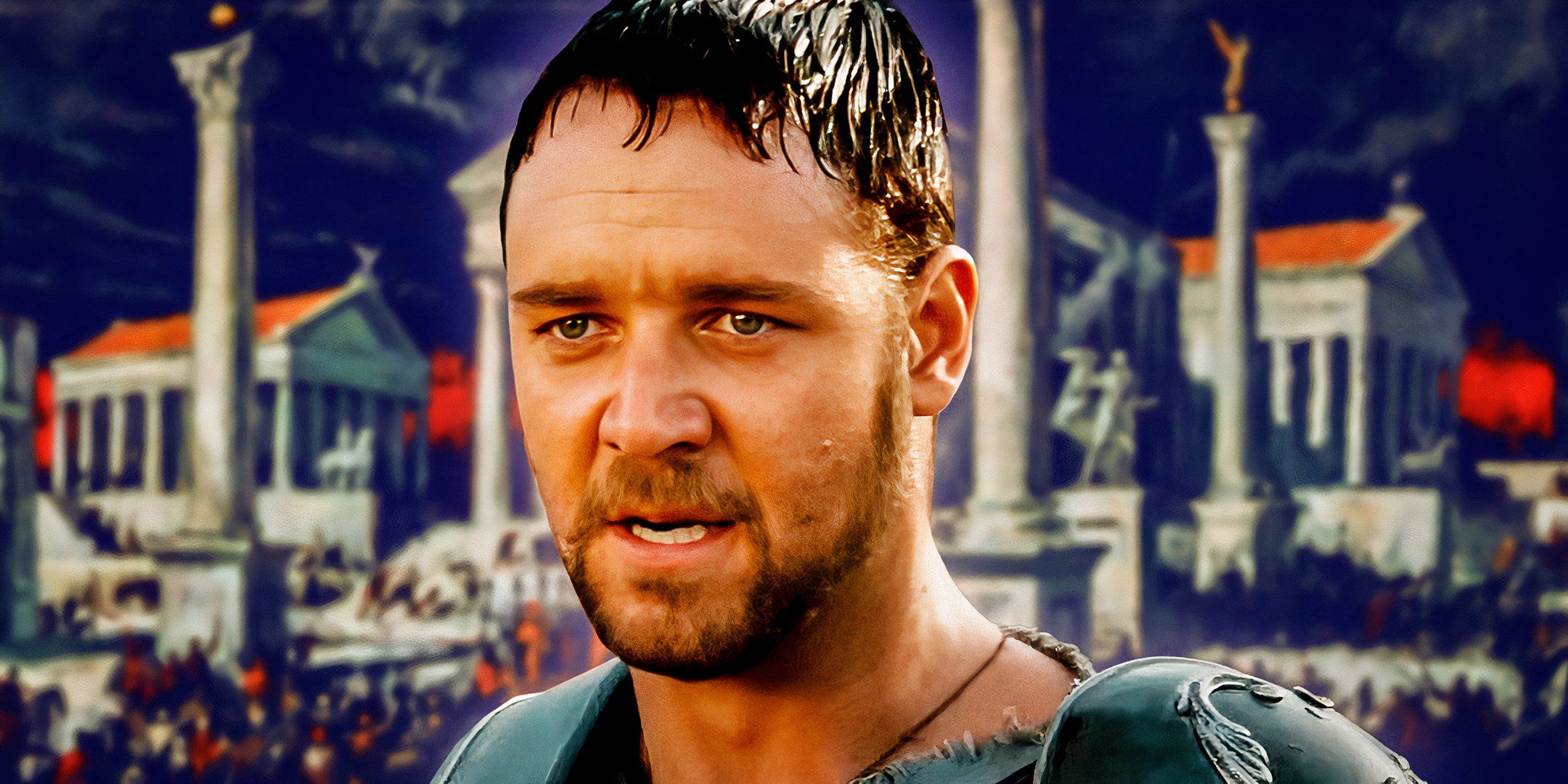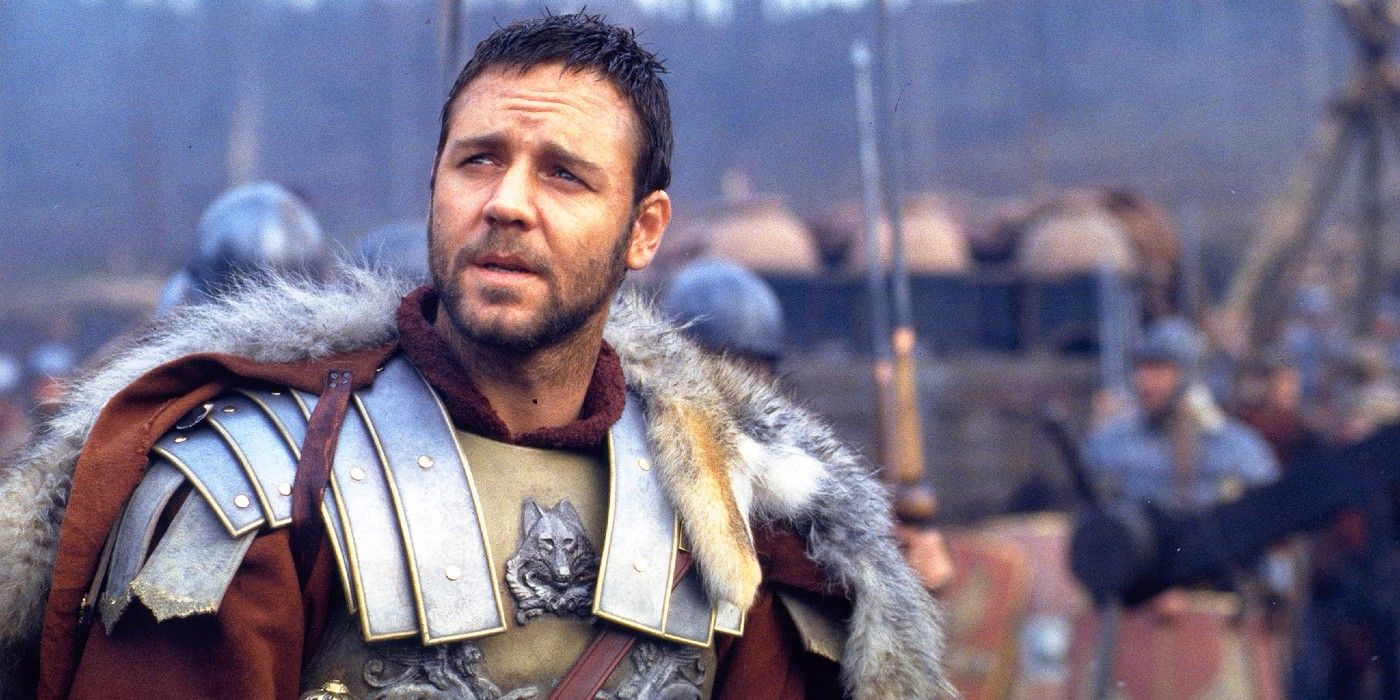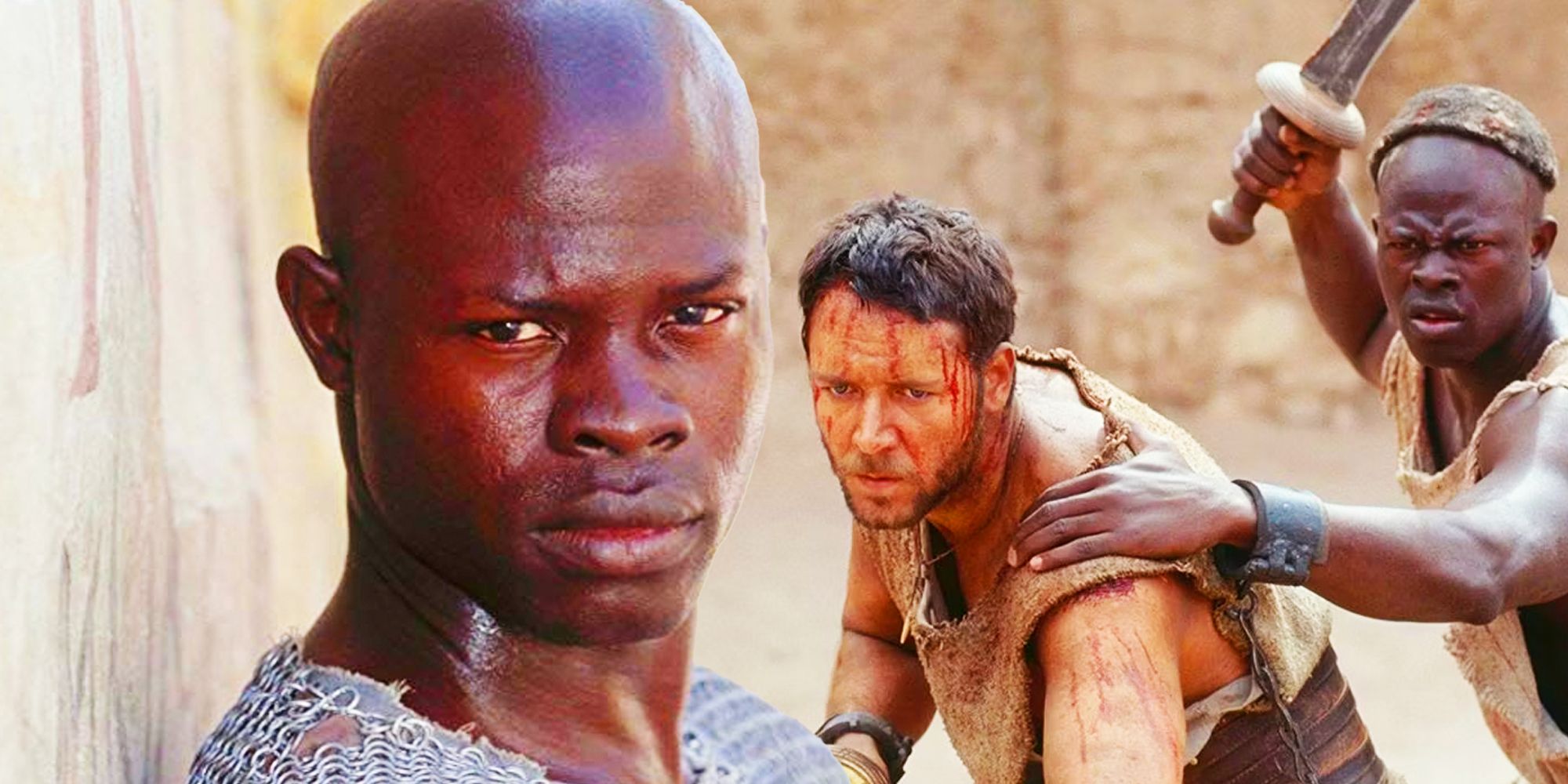Summary
- Gladiator shares similarities with The Fall of the Roman Empire.
- Maximus in Gladiator is a more compelling character than Livius in The Fall of the Roman Empire.
- Gladiator succeeded with compelling characters, while the latter lacked characterization and relied on spectacle.
Gladiator stands out as one of the best modern examples of the historical epic in film, but the Ridley Scott-directed epic actually remakes a lot of the same material that was featured in a far earlier historical film. Gladiator stars Russell Crowe as the Roman soldier turned gladiator Maximus, who seeks revenge for the murder of his wife and son. Also starring Joaquin Phoenix, Connie Nielsen, Oliver Reed, Derek Jacobi, Djimon Hounsou, and Richard Harris, Gladiator was an instant hit when it was released in 2000.
Although it was far from the first film focused on the Roman Empire, Gladiator remains one of the most iconic. In fact, it has completely overshadowed many other earlier films that had delved into similar topics and explored the same historical figures. One film in particular stands out for its many shared qualities with Gladiator, including a shared villain and a similar final battle. However, Gladiator's dramatization of real history events highlights an important quality in compelling films that the absence of proved to be a critical drain on the earlier film.
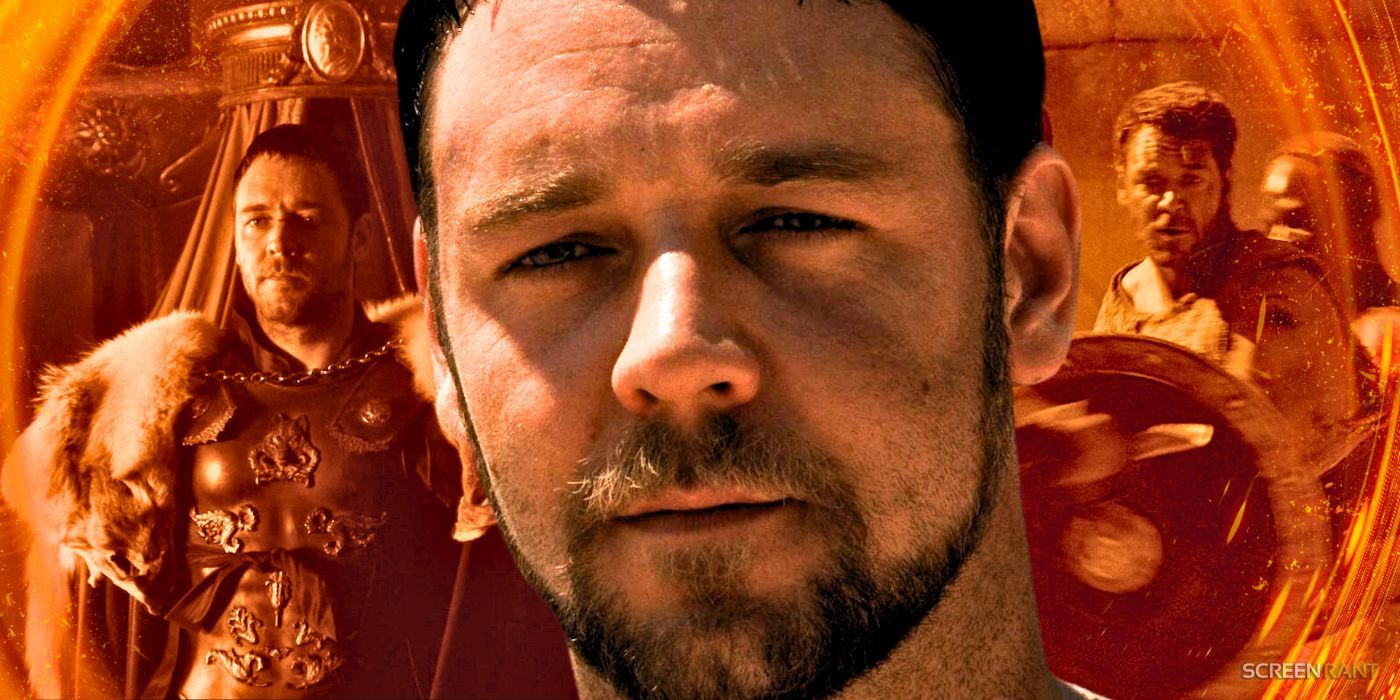
Gladiator 2's Russell Crowe Replacement May Be Paying Off A 21-Year-Old Ridley Scott Idea
Gladiator 2 will be following the grown Lucius (Paul Mescal), and a recent trailer might confirm the sequel is resurrecting an old Ridley Scott idea.
Gladiator Heavily Borrows From The Fall Of The Roman Empire
Both Films Dramatize The Same Period Of Roman History
Gladiator shares more than a few elements with 1964's The Fall of the Roman Empire, with Ridley Scott's historic epic exploring many of the same characters, focusing on the same era, and relying on cinematic spectacle. The two effectively cover the same distinct period of the Roman Empire, when the decadence and corruption of the ruling class began to unsettle the public. Both The Fall of the Roman Empire and Gladiator deal heavily with the fallout of Marcus Aurelius' death. Both films open with Marcus and his forces fighting Germanic tribes, and highlight Marcus' doubt about his son Commodus.
Instead, he seeks a more humble hero to take the throne in his stead. In both films, this figure has a romantic history with the Emperor's daughter Lucilla. Despite his intentions, Aurelius is murdered and replaced by his son, whose cruelty negatively impacts the kingdom. This prompts an uprising against Commodus' rule, which is ultimately snuffed out in both. However, Commodus' overconfidence is his downfall in both films. He agrees to a public duel with his great rival, and is slain in combat. This sets the stage for reform and change in Rome, albeit portrayed in different lights.
How Gladiator Is Different From The Fall Of The Roman Empire
The Focus Of Gladiator Is Far More Character-Centric
The most glaring difference between Gladiator and The Fall of the Roman Empire is the titular gladiator, Maximus. Even though Maximus wasn't a real person, the character is the driving force of the film, leading the charge against the Germanic tribes in the film's opening. While both films delve into the politics of Rome's rulers and focus heavily on Commodus' relationship to his sister Lucilla, Maximus' journey is the primary plot of the film. The closest thing that The Fall of the Roman Empire has to a character like Maximus is Lucilla's lover Livius.
While he has a more personal relationship with Commodus that plays into the film's overarching drama when Commodus takes over, Livius is a far less compelling character than Maximus, with The Fall of the Roman Empire more dedicated to exploring the larger conflicts brewing between Rome and the communities within the empire. Gladiator also takes more time to highlight the daily lives and challenges of being a Gladiator during the height of the Roman Empire, with Maximus and other characters like Antonius Proximo, Juba, and Hagen giving modern audiences a taste of the Gladiator lifestyle.
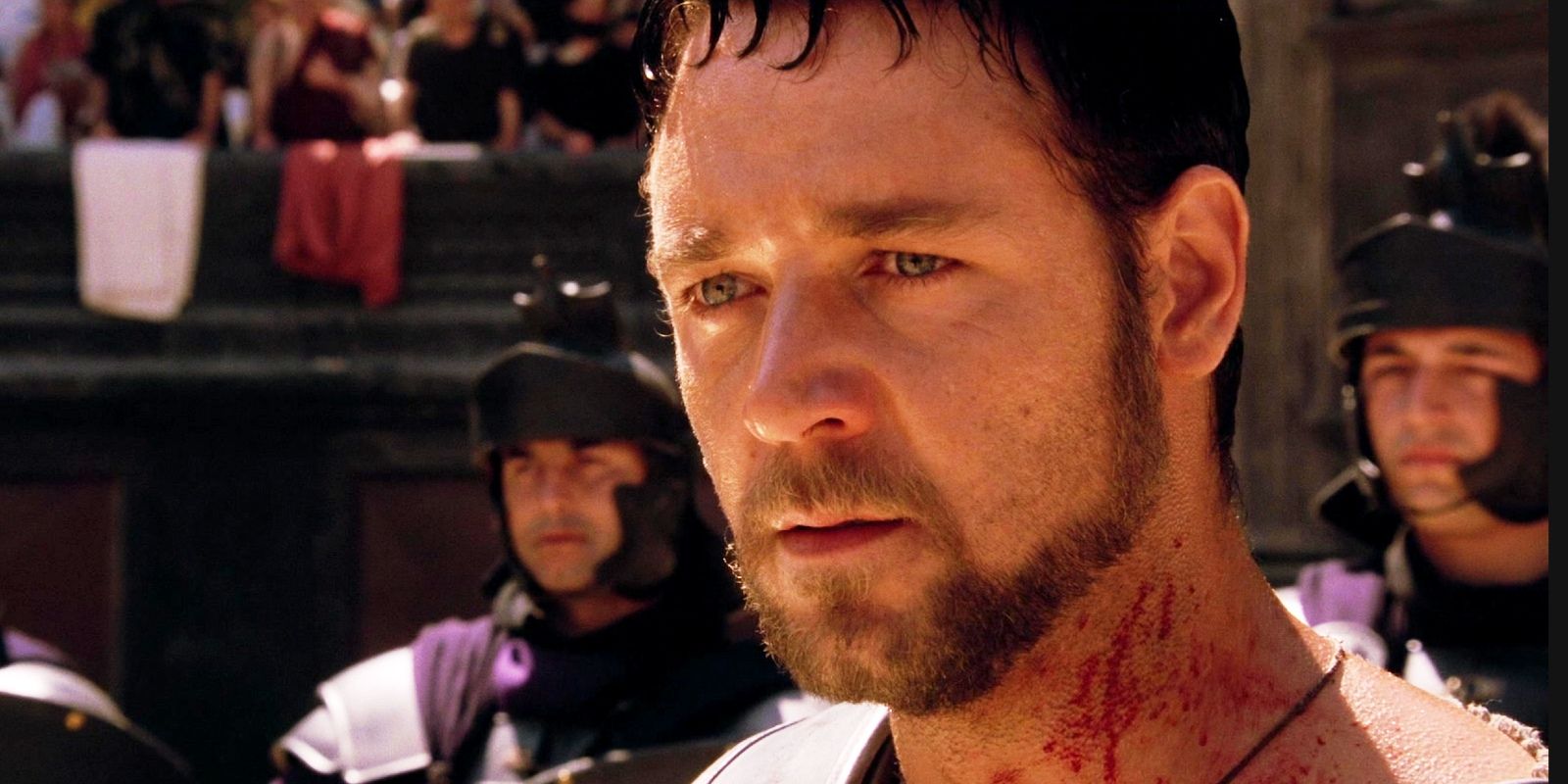
Why Gladiator 2 Will Be Without One Crucial Element From Ridley Scott's Oscar-Winning Original Explained
Original Gladiator composer Hans Zimmer explains why he decided not to return to compose the score for Ridley Scott’s upcoming Gladiator 2.
Why The Fall Of The Roman Empire Failed Where Gladiator Succeeded
Gladiator's Characters Ground The Spectacle In The Best Way Possible
Despite a massive budget for its era, The Fall of the Roman Empire only made back a quarter of that at the box office. While Gladiator quickly became a box-office and critical success that won five Academy Awards, The Fall of the Roman Empire failed to connect with critics or audiences decades prior. Contemporary reviews for the 1964 film suggested that a major problem with the movie was a lack of compelling characterization for the film's protagonist and antagonist. The result was a movie that relied solely on spectacle, which couldn't sustain momentum to justify its lengthy run-time.
By contrast, Gladiator benefits greatly from its compelling central characters. Maximus is a great reluctant hero, whose nobility is constantly challenged by Joaquin Phoenix's memorably slimy performance as Commodus. That human element keeps the film moving outside of the spectacle and adds suspense to every fight Maximus finds himself stuck in. While Gladiator and The Fall of the Roman Empire cover much of the same story, the former has a far more successful time working as a standalone film than the latter.
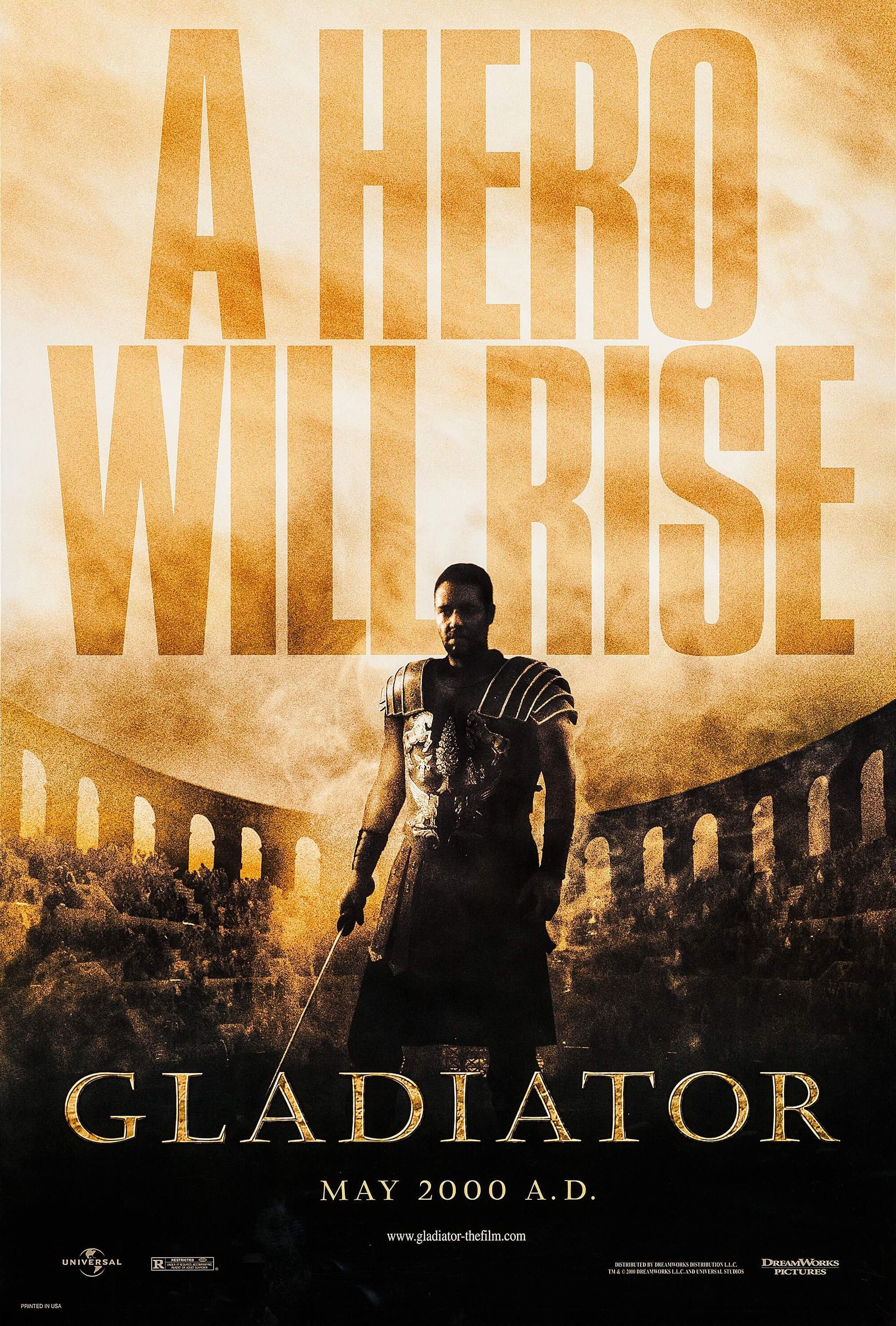
Gladiator
Ridley Scott's historical epic Gladiator stars Russell Crowe as Maximus, a Roman general who is betrayed after the death of Emperor Marcus Aurelius (Richard Harris). Pressed into slavery, Maximus is forced to fight in the Coliseum for the entertainment of the cruel new emperor, Commodus (Joaquin Phoenix). Rising to the challenge and inspiring the slaves, Maximus fights to undermine Commodus's unjust rule.
- Director
- Ridley Scott
- Release Date
- May 1, 2000
- Writers
- David Franzoni , John Logan , William Nicholson
- Cast
- Russell Crowe , Derek Jacobi , Oliver Reed , Connie Nielsen , Joaquin Phoenix , Djimon Hounsou , Richard Harris
- Sequel(s)
- Gladiator 2


